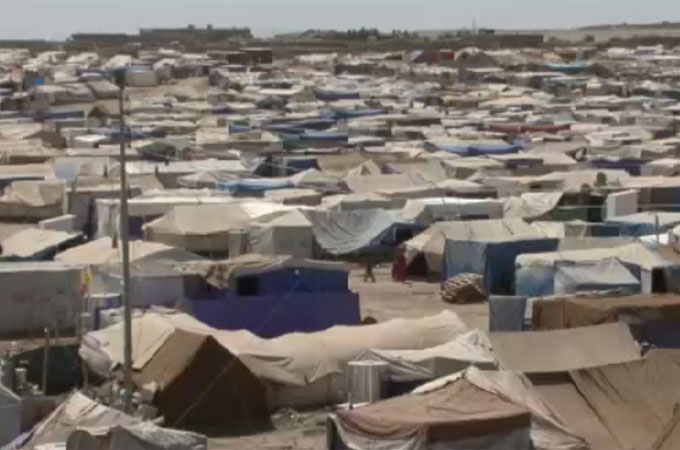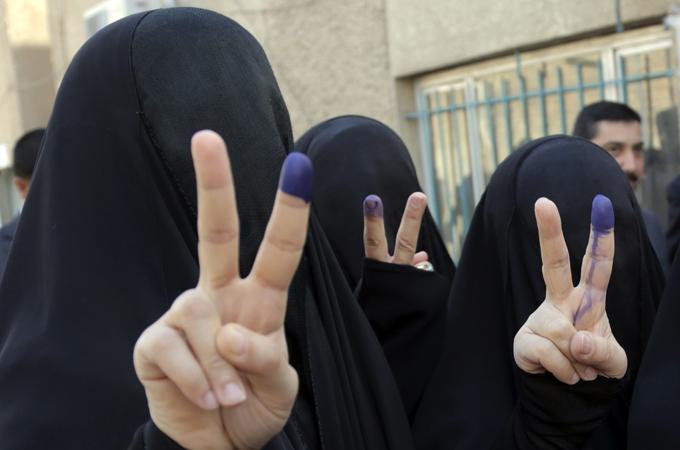Iraqi oil exports may resume within weeks
The top Iraqi oil official predicted on Saturday that Iraqi crude exports could resume within two weeks and reach up to 1.5 million barrels a day by mid-June.
 |
| Oil supplies are so low that Iraqis are forced to siphon it off from pipelines |
Iraq is currently producing 700,000 barrels of oil a day, claimed Thamer al Ghadhban, Iraq’s acting oil minister. The figure he quoted is nearly three times the current estimate.
“It is a matter of a few weeks, and we can reach 1.3 or 1.5 million barrels a day,” al Ghadhban said at an occupation forces sponsored news conference in the capital.
Iraqi oil officials had originally reported the country was currently producing about 100,000 barrels a day in the south and a similar amount at wells in the north.
Prewar production under Saddam was about 3 million barrels daily.
The resumption of exports is a key stage in generating the revenue that will allow for the process of rebuilding Iraq to begin.
The United States and Britain pushed through the United Nations a resolution giving themselves broad powers to run Iraq and its oil industry, and to use revenues to reconstruct the country.
For the time being, gasoline is still being brought in from Kuwait, Turkey and Jordan to help alleviate shortages and long lines at pumps.
 |
| The UN passed the resolution on Iraq unanimously |
Al Ghadhban said Baghdad’s electricity situation was gradually improving and the entire city of five million people was on a “two hours on, four hours off” regime.
In other parts of Iraq, power shortages had largely been eliminated and supplies were back to normal, the official said.
Civil servants paid
Buoyed by the prospect of income soon, the US administration paid the first state wages since the war.
It doled out dinars bearing Saddam Hussein’s face to thousands of electricity workers who, with cables and equipment regularly stolen, still struggle to restore power to Baghdad, six weeks after the former president was ousted.
“They are the first to get paid because they threatened to go on strike,” said Karim Wahid Hassan, the US-appointed electricity department head.
Electricity blackouts have been one of the major problems facing the capital since it fell to US troops.
Civil servants have protested almost daily outside the coalition administration headquarters in Saddam’s main palace in the capital and the payments were hoped to ease some of the popular frustration and anger directed at the occupation forces.